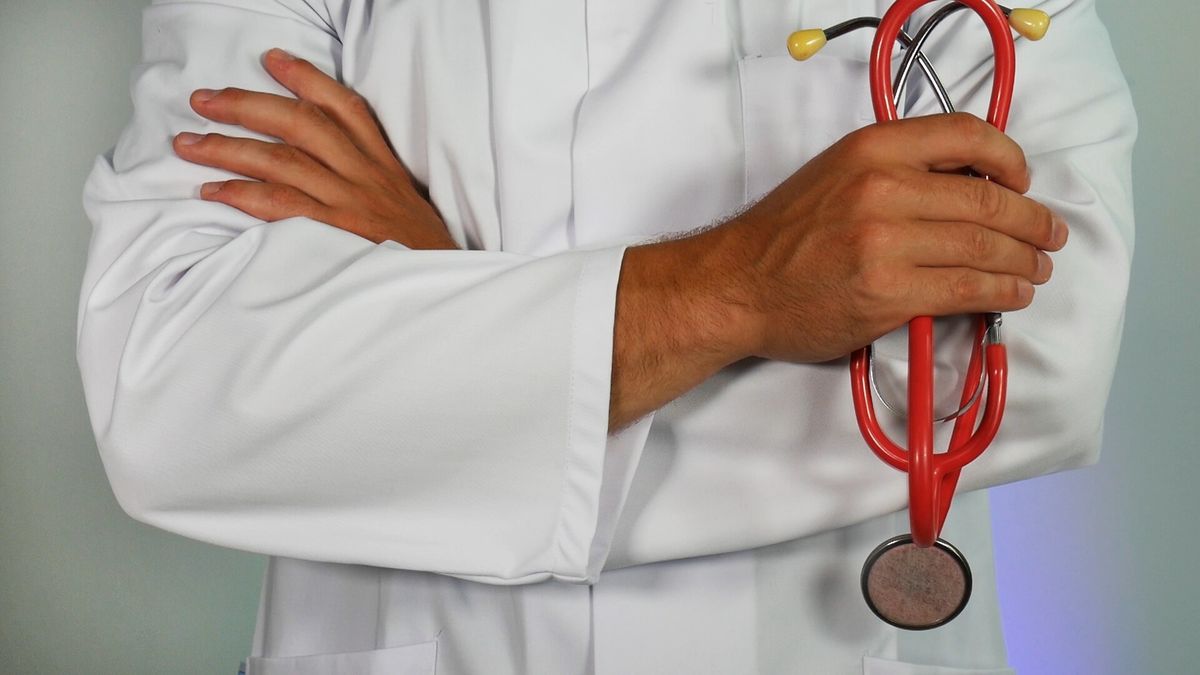Medicaid coverage on the ballot

South Dakota is one of 12 states that has not yet expanded Medicaid, an income-based, government-funded healthcare program, under the Affordable Care Act.
However, come the November elections, the state could join the majority.
The implementation of Constitutional Amendment D would expand Medicaid eligibility from 100% of the poverty line to 138%, giving access to roughly 42,000 newly qualified South Dakotans.
While opponents fear its passing will raise taxes, proponents are not worried.
According to South Dakotans Decide Healthcare — a coalition of patient groups, health providers, faith leaders, educators and farmers — South Dakotans are already paying the taxes needed for this program, but the money is going out of state.
The coalition’s website reads, “Right now, Washington politicians send $328 million of South Dakota’s tax dollars to California, New York and 37 other states to pay for their healthcare instead of ours. Amendment D keeps those tax dollars in South Dakota to pay for health care here.”
South Dakotans Decide Healthcare estimates that over the next five years, $1.3 billion tax dollars will be returned to South Dakota to pay for the program.
The $1.3 billion comes from the state’s Legislative Research Council’s estimated total cost to expand Medicaid ($1.5 billion) minus the state’s share ($166 million) and the predicted savings ($162 million).
According to Zach Marcus, the campaign manager for South Dakotans Decide Healthcare, the current Medicaid system requires the state to pay for about 42% of the care.
With the expansion, the state would only pay 10%, and because of the American Rescue Plan Act, the state will only pay 5% for the first two years. This equates to $63 million in savings for the state in the first two years of the program’s rollout.
Marcus said that with these additional savings, the state’s total cost is estimated to be $3.8 million a year over the next five years.
Both sides agree South Dakota is a low-tax state with little extra money for new
programs. However, proponents believe this amendment’s funds are not an issue, whereas opponents believe it will cause significant problems in the state’s budget.
“I’m not that worried about the implementation here because we feel like the money that Medicaid expansion will bring into the state more than covers the cost share,” Marcus said.
State Sen. Jim Bolin, R-Canton, said he believes this will cause a “crowd out” in the state’s budget.
“We don’t tax a lot, therefore we can’t spend a lot, therefore we can’t do a lot,” Bolin said. “And so when we start taking on more obligations, it’s going to make it very difficult for us to meet those obligations for schools and for corrections and for the current Medicaid program.”
As this is a ballot initiative, the question of Medicaid expansion is up to the voters directly. In order to be placed on the ballot, the petition needed 33,922 signatures. On Jan. 3, South Dakota Secretary of State Steve Barnett announced 38,244 signatures were validated, and the amendment was officially placed on the ballot.
Many Augustana students are directly affected by this measure. According to the university’s website, when accessing health care, “students will need to supply their insurance card for all services provided by the Certified Nurse Practitioner, all laboratory testing, and immunizations.”
For most students, their parents’ health insurance plan will cover them until they are 26. For students whose parents are on the current Medicare program, however, coverage stops at the age of 18. This means the students are expected to pay out of pocket or supply their own health insurance.
Expanding Medicaid will allow most of these students to receive coverage if they are within 138% of the poverty line, about an $18,000 income.
“I think it’s a necessary procedure, especially on a campus like Augie where you have people coming from out of state,” senior Courtney Chrystal said. “Because it’s been expanded in so many other states when students travel from their home state to here, they may lose coverage, and that’s not something that is easily justifiable.”
Opponents of this amendment have said they think the program would be a handout to students and young people who don’t want to work. According to Henry Van Bemmel, a senior at Augustana and campaign manager for state Sen. Reynold Nesiba, D-Sioux Falls, this couldn’t be further from the truth.
“From talking to voters at their door, I’ve lost count of the number who have shared personal experiences of making literally $10 too much in a year to qualify and so they lost access to their benefits that year,” Van Bemmel said. “Our current system literally penalizes people for working too hard.”



